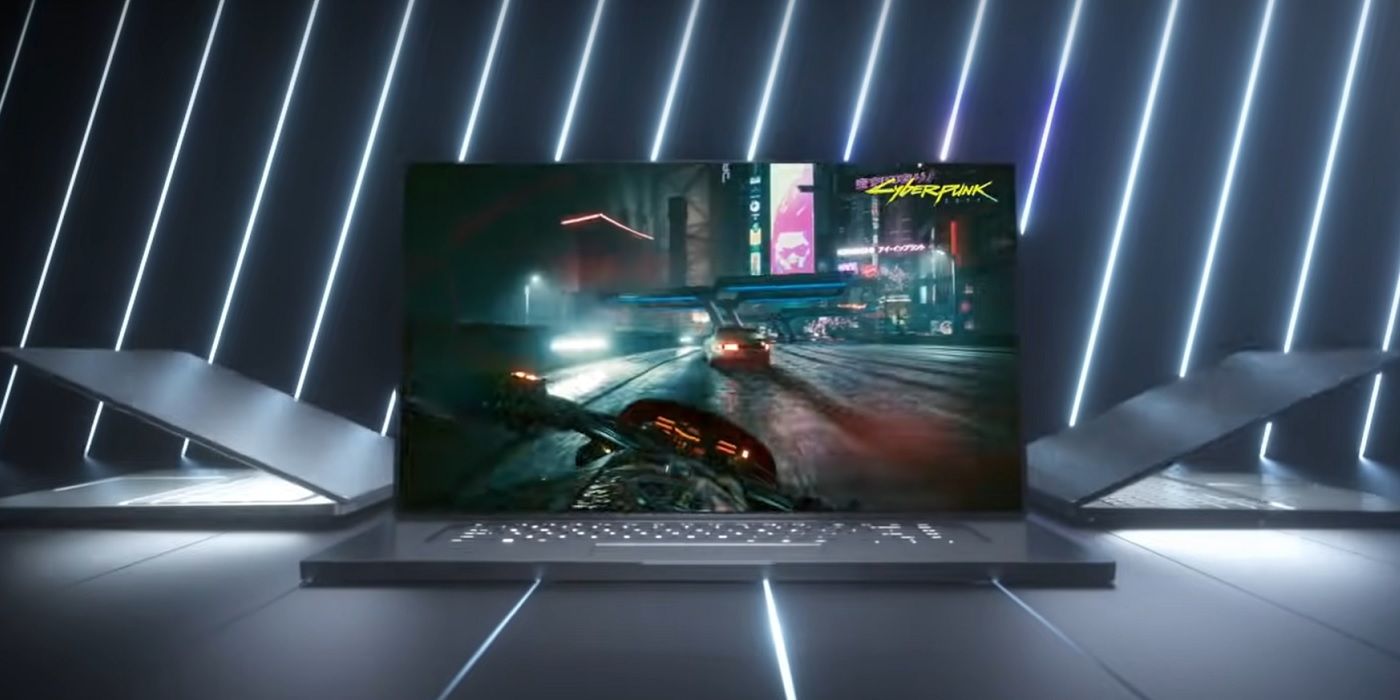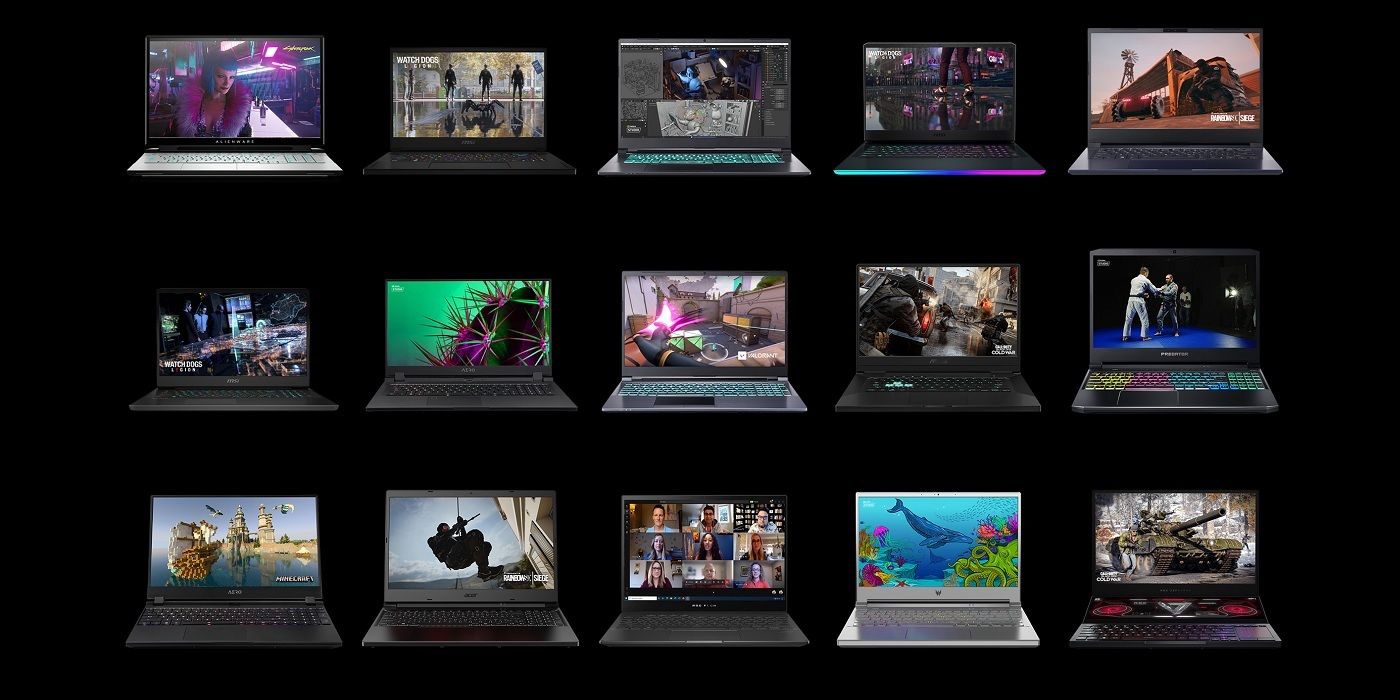
Going forward, it may become a little easier to understand exactly what a consumer is getting when buying an Nvidia GeForce RTX 30-series laptop. Since the graphics card lineup was first announced, the RTX 30-series has proven to be a popular option. However, the sheer number of variations can make the purchasing decision more complicated than it should be for some consumers.
The RTX 30-series is made up of multiple cards, with the most recent desktop addition being the standard RTX 3060. On top of deciding between the standard and Ti version, there’s also the 3070, 3080, and 3090 cards to factor in as well. Not to mention, the company more recently announced the laptop RTX 30-series. Thanks to the number of RTX 30-series laptops from different brands that are due to come to market, there are even more variations for each card to consider.
In a bid to make the laptop buying decision easier, Nvidia is now requiring laptop-makers to make important spec information clear in their advertising materials, including exact clock speeds and total graphics power (TGP). According to The Verge, Nvidia did encourage companies to provide this information before, but encouraging is not the same as requiring and that's what has now changed. Due to this, consumers can now expect to see very clear information on the type of RTX-30 series performance experience they will get before finding out for themselves after purchasing.

RTX 30-series laptops can vary on performance, due to the company offering a number of different card variations to vendors. This selection allows device-makers to better ensure their products include the specific features and performance that their consumers will likely want. However, with companies previously allowed to avoid stating spec information on the packaging, they could be opting for a card with performance better than what they actually need. Or, worse, insufficient for the tasks they expect it to do. With this requirement change in effect, buyers will now know more than just the overarching point that they are buying an RTX 30-series card, but the exact performance on offer.
Although the differences might not seem significant, they can be, so having access to the additional information will help. As The Verge points out, this is not simply a within-card issue, as it is possible for a 3060 or 3070 graphics card to perform better than a 3080. For example, in cases where a 3060 or 3070 card has a higher TGP than a 3080. The importance of this distinction is all the more relevant when taking into consideration the major price differences between the various GPUs. While this might not necessarily help a consumer unaware of the differences between the various RTX 30-series cards, it will help those who are specifically in need of maximizing performance potential from their Nvidia-powered purchase.
Source: The Verge
from ScreenRant - Feed https://ift.tt/3a20ctL

0 Comments